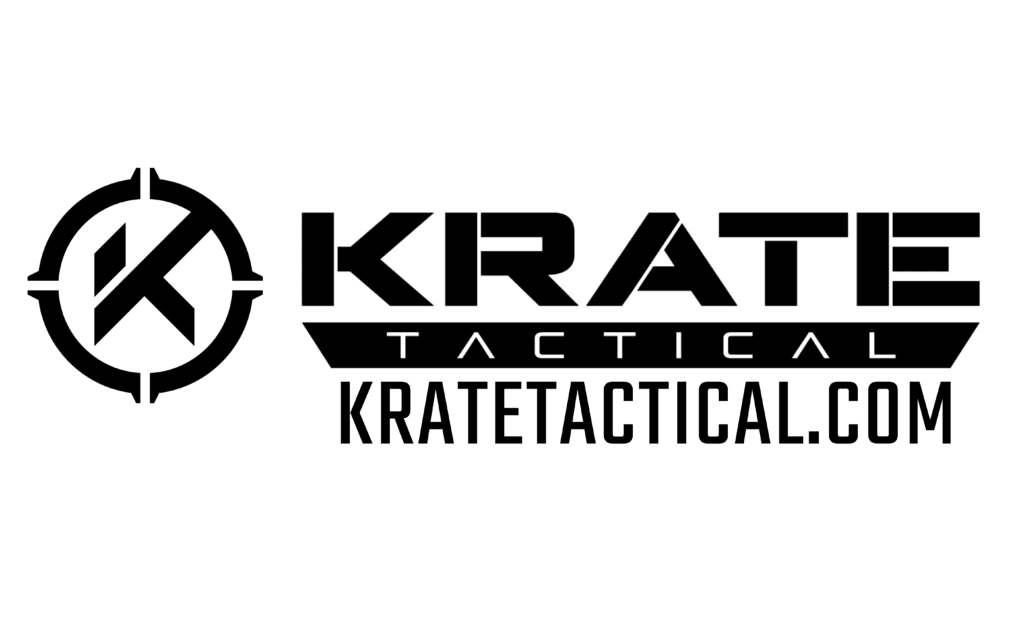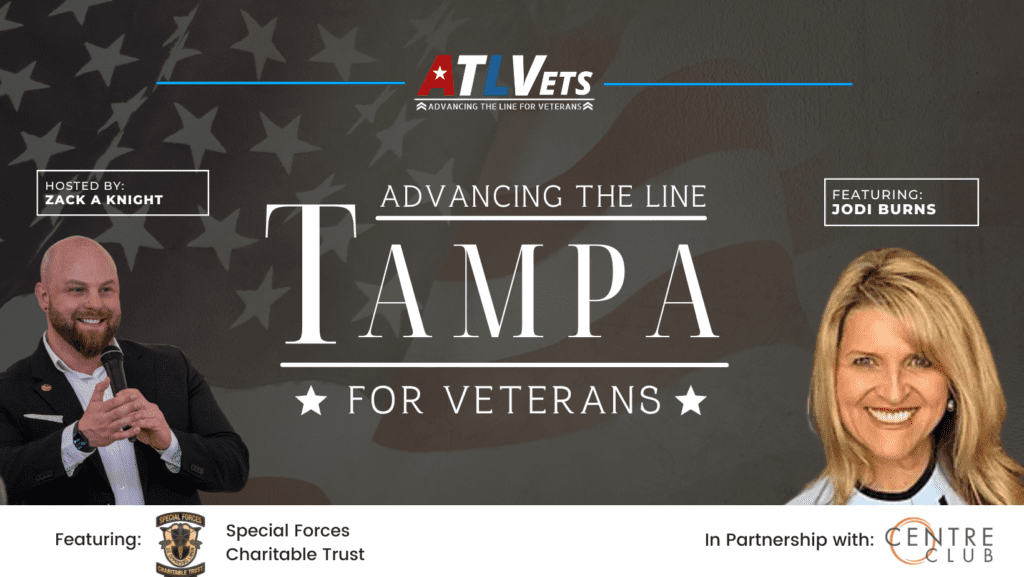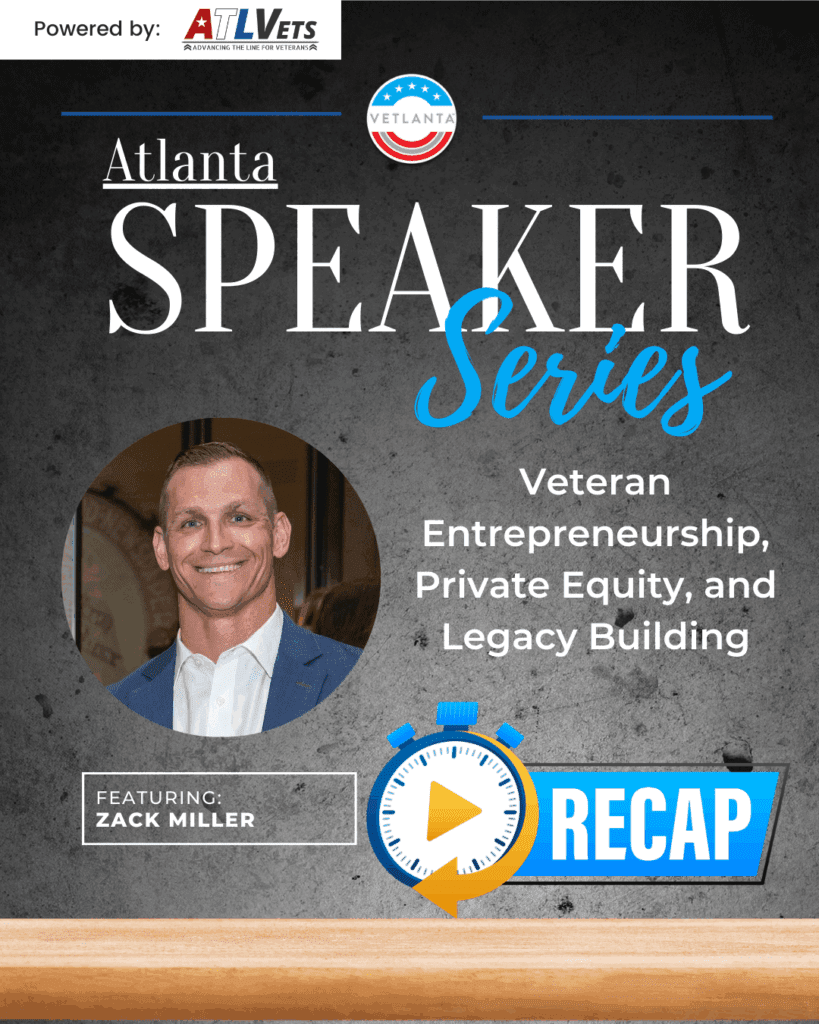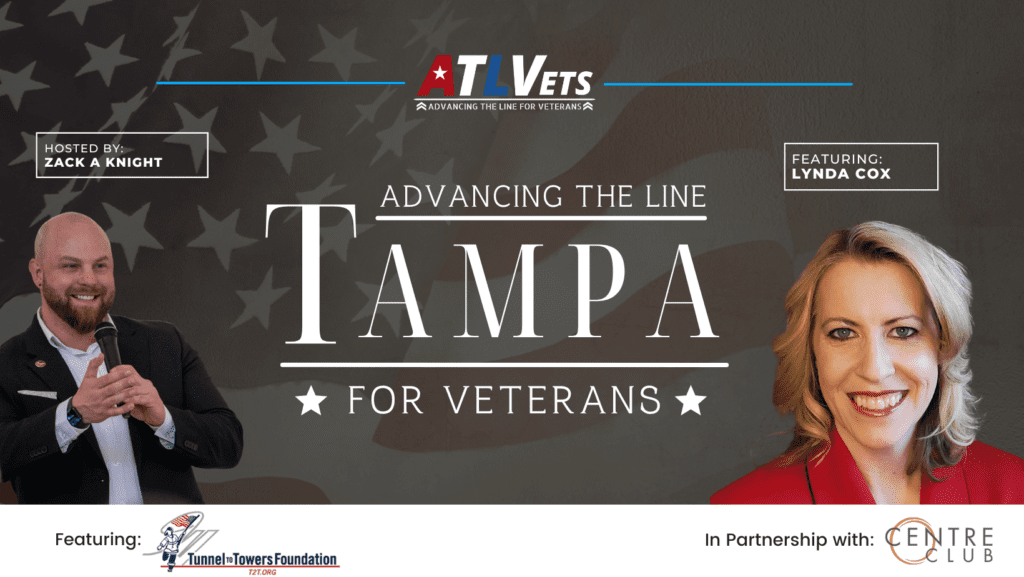The Headstrong Project
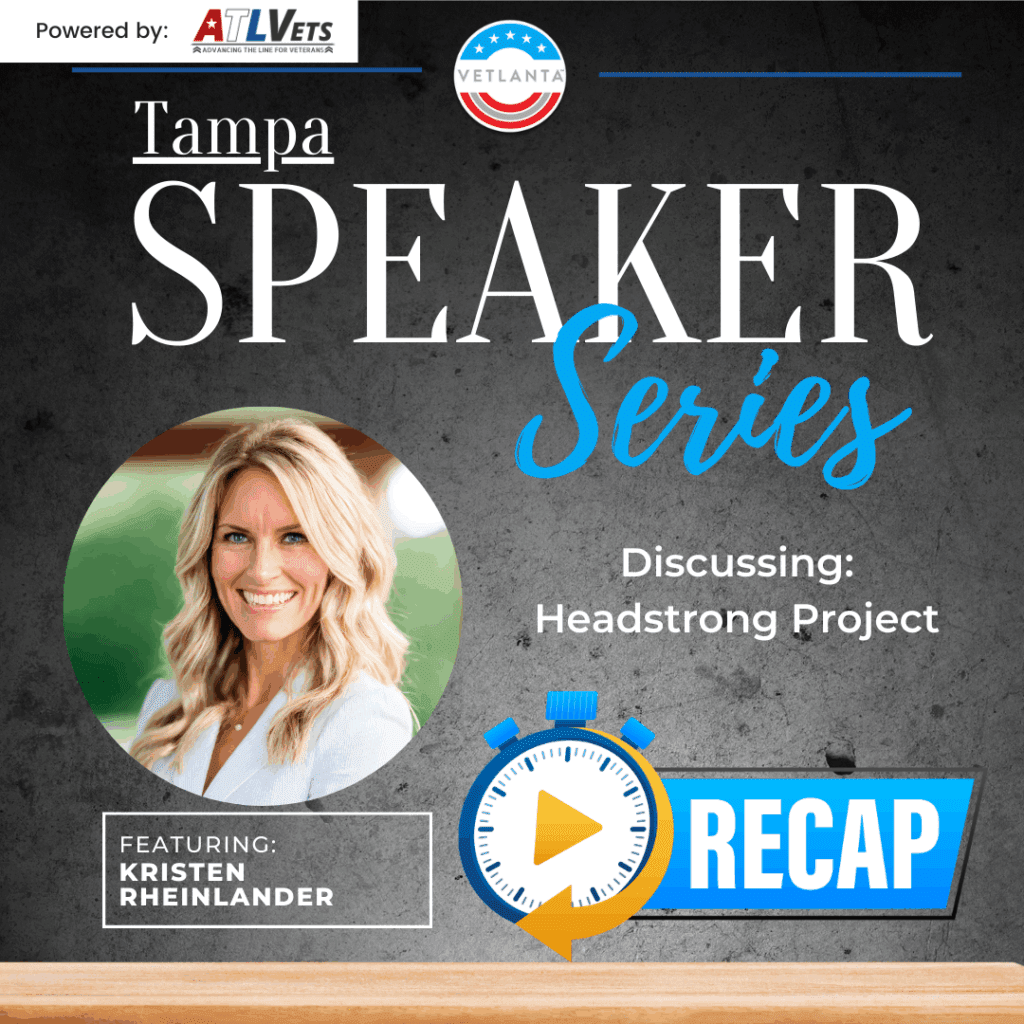
Breaking Barriers: How Headstrong Is Redefining Veteran Mental Health
On a warm evening in Tampa, the Centre Club buzzed with conversation as veterans, corporate leaders, and community allies gathered for the latest installment of the ATLVets Speaker Series. The guest of honor: Kristen Rheinlander, Director of Partnerships at The Headstrong Project—a nonprofit that’s quietly, yet powerfully, changing the face of trauma-focused therapy for service members, veterans, and their families.
From Army Brat to Mental Health Advocate
Kristen’s story is rooted in the military. As an “Army brat,” her understanding of service and sacrifice began early, later shaping a career that spans fundraising roles with the USO, HireMilitary, the Leukemia and Lymphoma Society, and even a stint with the Texas Rangers’ corporate partnerships team. But it’s her current role with The Headstrong Project that brings her full circle, back to serving those who served.
She made it clear from the start: her passion isn’t theoretical—it’s personal. “I joined Headstrong because I saw an organization that wasn’t just talking about mental health—they were doing the work, quietly and effectively,” she shared.
Lesson 1: Stigma Is Still a Barrier—But It Doesn’t Have to Be
The conversation dug into the complex, often uncomfortable reality that many veterans face when it comes to therapy. Kristen didn’t shy away from acknowledging the cultural challenges: “Especially for men, especially for active-duty service members—there’s still a stigma. Therapy gets associated with weakness, or career consequences.”
But Headstrong is flipping that narrative. By focusing on confidential, barrier-free, and trauma-focused care—without requiring a PTSD diagnosis—they’re making mental health treatment feel more accessible. “We don’t even ask about discharge status. You served, or you’re serving—we’re here for you,” Kristen emphasized.
Lesson 2: Cultural Competency Isn’t a Buzzword—It’s the Secret to Trust
One of the strongest takeaways from the evening was Headstrong’s insistence on “military cultural competency” among their clinical network. Their therapists are trained—or often veterans themselves—and understand the acronyms, the culture, and the weight behind unspoken stories.
Kristen shared that this commitment pays off: 98% of clients return after their first session. “That first appointment is everything,” she said. “We know we only get one chance to build that trust.”
Lesson 3: Speed Matters—Especially in Crisis
Headstrong’s average time to care is 13 days. That might sound small—until you compare it to the VA’s national average of 30+ days (often longer in metro areas). In a world where urgency can be the difference between hope and despair, 13 days is life-saving.
This rapid turnaround is possible because Headstrong bypasses traditional insurance hurdles. Their clinical partners are paid directly, sessions are completely free to clients, and there are no referral loops or waitlists. Veterans choose telehealth or in-person sessions, and their journey begins immediately after they fill out a simple form online.
Lesson 4: Trauma Is Complex—and Treatment Should Be Too
The conversation also illuminated Headstrong’s unique therapy model. It’s not one-size-fits-all, nor is it limited to PTSD. Their clinicians use top-tier modalities like EMDR, CPT, and Prolonged Exposure, targeting trauma that may have occurred before, during, or after service.
And because trauma doesn’t happen on a schedule, neither does care. “We cover up to 30 sessions per trauma,” Kristen explained. “So if someone experienced childhood trauma, combat trauma, and transition trauma—that’s 90 sessions. No cost. No red tape.”
Lesson 5: Mental Health Is a Community Issue—Not Just a Veteran One
Perhaps the most powerful moment of the evening came when Kristen reminded the audience that veterans don’t live in a vacuum—they’re neighbors, coworkers, parents at the school drop-off. Supporting their mental health uplifts entire communities.
That’s why corporate partnerships are so critical to Headstrong’s work. Boeing, Northrop Grumman, and others don’t just donate—they participate. “We offer veteran-focused webinars for their employees, co-branded community outreach, and even the ability to sponsor a veteran’s care directly,” Kristen said.
A Call to Action
For Tampa—and beyond—the message was clear: veterans deserve more than a thank you. They deserve support that works. Headstrong is making that support possible, one trauma-informed therapist and one life-changing session at a time.
Kristen’s final words struck a chord: “Let us serve you. If you know someone struggling, send them to us. If you’re a company looking to help—partner with us. We’re not just solving mental health. We’re restoring lives.”
Want to Dive Deeper?
🎧 Listen to the full episode on The Tactical Leader Podcast
📖 Read more recaps and speaker insights at ATLVets.org
🌐 Connect with Headstrong: theheadstrongproject.org
#VeteranMentalHealth #ATLVets #HeadstrongProject #TampaVeterans #MentalHealthMatters #TraumaInformedCare #CorporateImpact #TacticalLeaderPodcast
